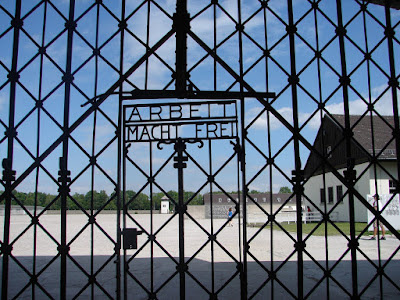Trust only the trustworthy
As I have mentioned in two earlier posts, I have been learning to trust God over the last few months. While there has been much happening in my life this past twelve months, two events have precipitated some anxiety and worry for me (and those around me). As anyone who has been overseas for an extended period can tell you, moving back to your home country is a stressful event, even when you are ready and as mentally prepared to return as we were. Getting settled back in the house, straightening out school for our youngest, taking on new roles at work, managing an overall reduction in salary, it all adds up pretty quickly. But that was going reasonably well. Then the unexpected happened: I was out of a job. Now the worry levels rose to new heights, especially given the economic situation the world is in. What is most interesting about this time is that God used people I knew to direct me to himself. The earliest instances of this I have commented on earlier, and you can read about it he...
